The Usutu virus can affect animals and humans and, in severe cases, causes brain inflammation. It belongs to the group of flaviviruses and is transmitted to humans by mosquitoes.
What is Usutu Virus?
The one from Africa Usutu virus can infect birds and mammals as well as humans via mosquito transmission. The name of the pathogen is derived from the longest river in Swaziland. Usutu belongs to the genus flavivirus, which attacks the brains of animals and humans, and is related to the Japanese encephalitis virus and the West Nile virus. The infection has already been fatal in several bird species.
Usutu fever in humans was first detected in Italy in 2009. The disease was most severe in the subsequent period in immunocompromised and elderly patients. It manifests itself with a severe fever, severe headache and rashes. In the most serious case, the Usutu virus can lead to dangerous brain inflammation (encephalitis) in humans.
Occurrence, Distribution & Properties
The first bird deaths appeared in Austria in 2001. At that time the first wild birds probably perished due to the Usutu infection. The deaths of blackbirds as well as some bearded owls, blue tits, house sparrows, great tits, song thrushes and nuthatches in 2003 have been confirmed. This bird death affected Vienna and some areas of Lower Austria.
Similar phenomena probably existed in Tuscany as early as 1996. However, they were only associated with the Usutu virus through retrospective studies. In Italy, Switzerland and Hungary, wild birds living in the wild died from the virus infestation from 2005 and 2006 respectively.
In the summer of 2011, according to estimates, several hundred thousand blackbirds fell victim to the Usutu virus in Germany. This until then largest bird death of this kind was traced back to infected exotic mosquitoes that had come to Germany by transporting goods. Likewise, based on these incidents, specialists came to the conclusion that native mosquito species as well as their eggs and larvae can harbor the Usutu virus.
It is transmitted to the birds through mosquito bites. The massive bird deaths in 2011 were concentrated in river valleys in the Rhine-Neckar area and other regions in Baden-Württemberg, Rhineland-Palatinate and Hesse. At first, the infected birds appeared extraordinarily apathetic and insecure on their feet, increasingly lacking their escape behavior and developing disheveled plumage before they died. Also noticeable were bald spots on the head and neck. The nervous system, liver, spleen and heart muscle of the infected animals had changed due to inflammation.
In the affected areas of Germany, massive blackbird populations were registered. Species such as owls and corvids have been reduced much less. Some stocks of blackbirds were only able to recover slowly from the great slump and only years later. The birds had never come into contact with the Usutu pathogen and thus could not develop any immunity to it. However, increasingly they became immune to this newly emerged virus. In the years after 2011, no further major bird population losses have become known.
Illnesses & ailments
The Usutu virus has so far been extremely rarely transmitted to humans through mosquito bites. The fact that an acquired disease has taken a severe course has remained the absolute exception to this day. Under normal conditions, it can be compared to a simple flu-like infection.
So far, there has been a greater risk of infection for two people. According to reports by doctors, there were two immunocompromised people in Italy. They are said to have been infected in 2009 and then fell ill with meningitis. Both stayed alive. A person in Croatia is also said to have received clinical treatment for a Usutu infection.
In 2012, viral infection was detected in a patient in Germany. However, there were no symptoms of an illness as a result. The man was recorded as a blood donor in Hessen, which is why the antibodies against the Usutu virus were found in his blood.
In order to be able to rule out even the smallest of risks, doctors recommend protecting yourself against mosquito bites to prevent Usutu infection. The most effective way of doing this is through closed clothing, the use of suitable repellants and also the use of a mosquito net. If necessary, large accumulations of water on houses or in gardens should be avoided, as hundreds of house mosquitoes can be found in rainwater tanks or develop from larvae. It is also possible to use special protein tablets that are harmless to humans and animals, but kill mosquito larvae in the water.
Live or dead wild birds should always be handled carefully, even if they cannot transmit the virus directly to humans. Direct contact with wild birds should always be avoided. It is best to only touch them with gloves. After such an incident, it is necessary to wash your hands thoroughly and disinfect them. Dead birds must not be buried or added to the household waste, but must be handed over to official bodies. Particular care should be taken when pets have or have had contact with infected birds.
The Usutu virus has been shown to have acquired the ability to survive even in harsh winters. It is therefore considered to be permanently established in Western Europe. It has a comparatively high potential for dissemination, as it can also be easily transmitted from mosquito to mosquito. The enveloped, single-stranded virus belongs to the RNA group, which means that its genetic material consists of ribonucleic acid. The relatives of the Usutu virus have been gaining a foothold in southern and southeastern Europe and on the Asian continent for a long time.


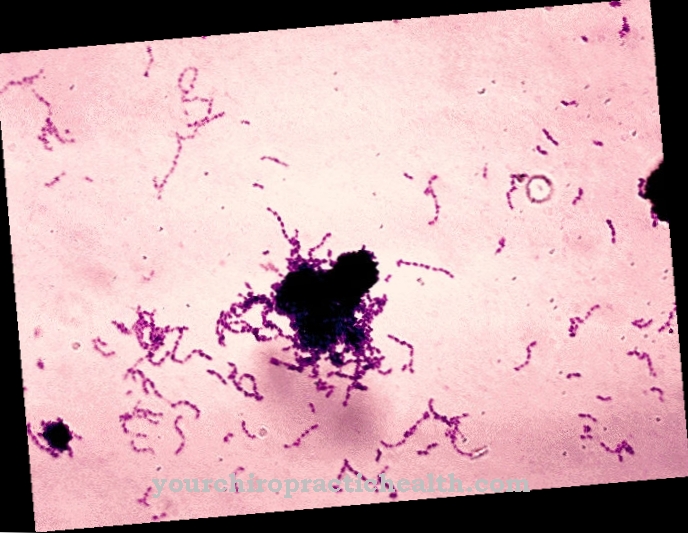


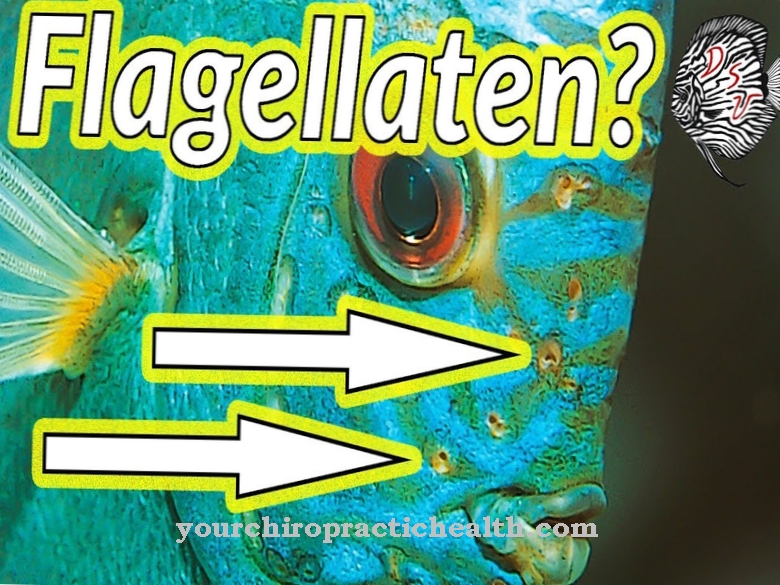
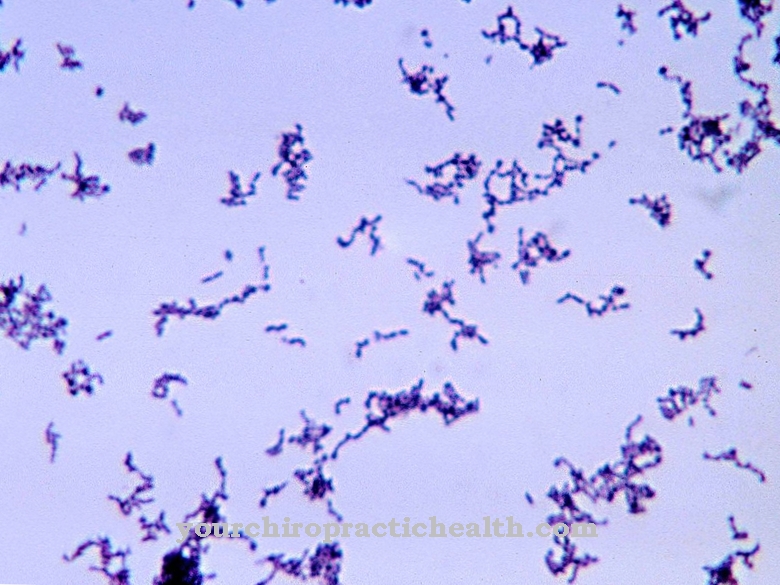





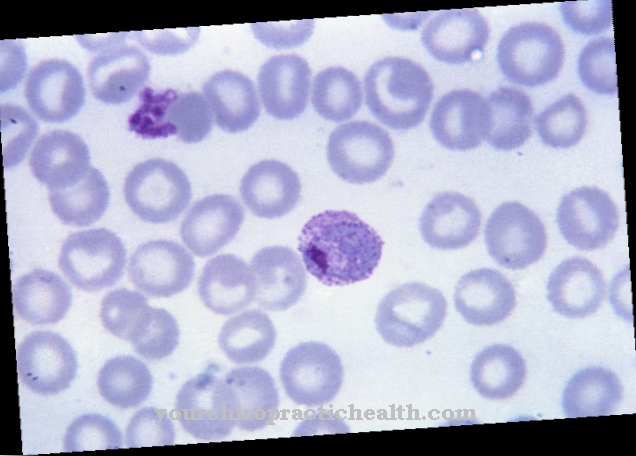











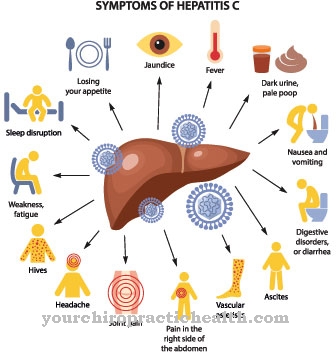
.jpg)


